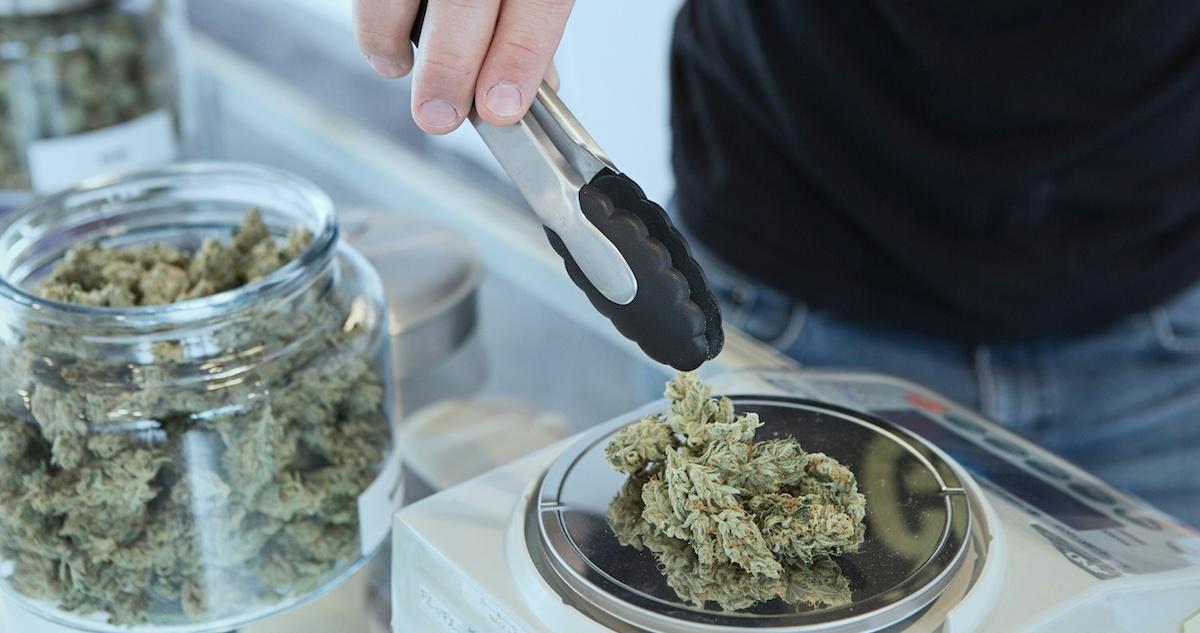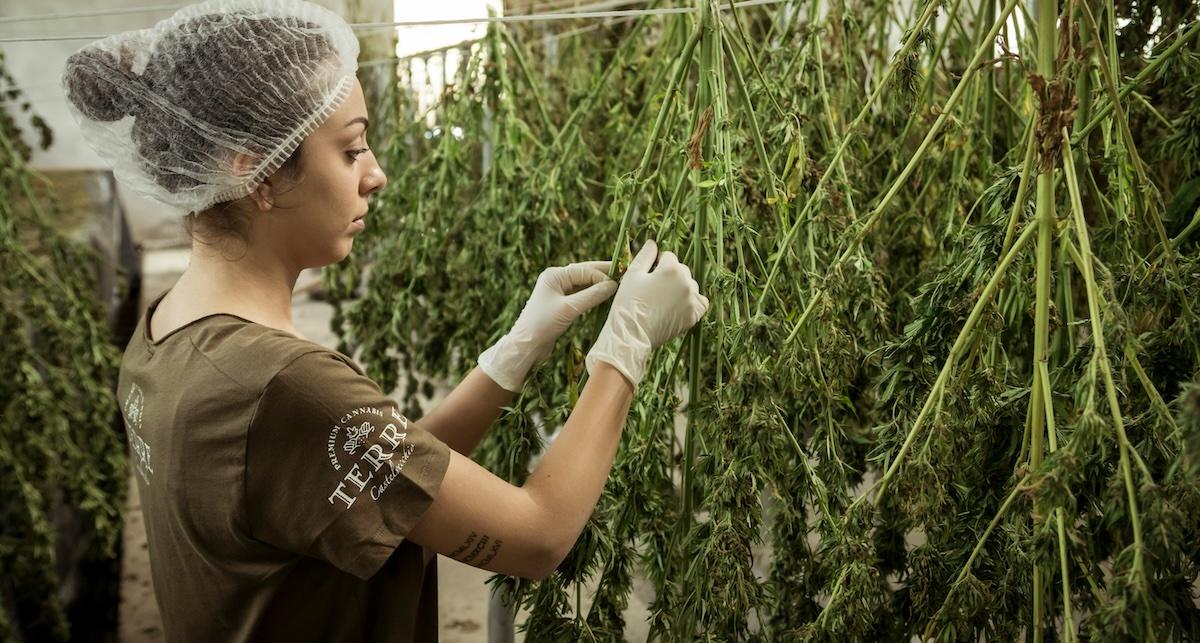How Cannabis Companies Are Redistributing Their “Green” Thanks to Employee-Owned Business
May 16, 2025
Home > Big Impact > Business
For cannabis businesses, Section 280E of the IRS tax code remains one of the most persistent challenges.

In an industry that’s always done things differently, cannabis companies are now rethinking not just what they sell — but how their businesses are owned and operated. Amidst legal uncertainty and crushing tax burdens, a growing number of cannabis businesses are embracing employee ownership as a way to keep more of their profits and build lasting value for their teams.
Article continues below advertisement
And it’s all thanks to a 1990s law that’s quietly become one of the most powerful tax strategies in business.
The Tax Dilemma: Why 280E Has Held Cannabis Back
For cannabis businesses, Section 280E of the IRS tax code remains one of the most persistent challenges. Because cannabis is still federally classified as a Schedule I substance, companies are blocked from taking most ordinary business deductions — making effective tax rates soar above 70% in some cases.
Article continues below advertisement

But now, some cannabis operators are finding a way out by becoming 100% employee-owned through an ESOP, or Employee Stock Ownership Plan. When structured properly as an S corporation, this model can legally eliminate federal income tax obligations—something most cannabis founders didn’t think was possible.
Article continues below advertisement
How a Clinton-Era Law Made This Possible
The strategy traces back to the Taxpayer Relief Act of 1997, signed into law by President Bill Clinton. One of its lesser-known provisions allowed S corporations to be owned by ESOPs. When a business becomes entirely employee-owned under this model, its profits flow into a tax-exempt trust — making the company itself exempt from federal income tax.
Although the law wasn’t written with cannabis in mind, it’s now being leveraged as one of the only legal and strategic ways for operators to sidestep the crushing weight of 280E.
Article continues below advertisement
Ownership With Purpose: More Than Just a Tax Strategy
The benefits of an ESOP go beyond the balance sheet. For cannabis companies that pride themselves on community, sustainability, and equity, employee ownership aligns closely with their values. It allows cultivators, budtenders, packagers, and staff to have a real stake in the success of the business — not just the investors or executives.

Article continues below advertisement
It’s also a retention tool in an industry known for turnover, and a way to preserve company culture as the business grows or founders exit.
Making It Happen the Right Way
Transitioning to an ESOP structure is complex. It involves valuation, financing, legal compliance, and long-term trust management. That’s why many businesses exploring this route seek out specialized advisors. One example is Darren Gleeman of MBO Ventures, whose firm has helped hundreds of companies — cannabis included — navigate the shift to employee ownership while staying compliant and maximizing tax advantages.
A Greener Future — Financially and Socially
As the cannabis industry matures, the conversation around equity is evolving. It’s not just about who gets licensed — it’s about who holds ownership, who builds wealth, and who gets to grow alongside the company.
By redistributing equity through employee ownership, cannabis companies are doing more than dodging taxes. They’re rewriting the rules of what it means to be sustainable—economically, culturally, and ethically.
Search
RECENT PRESS RELEASES
Related Post



